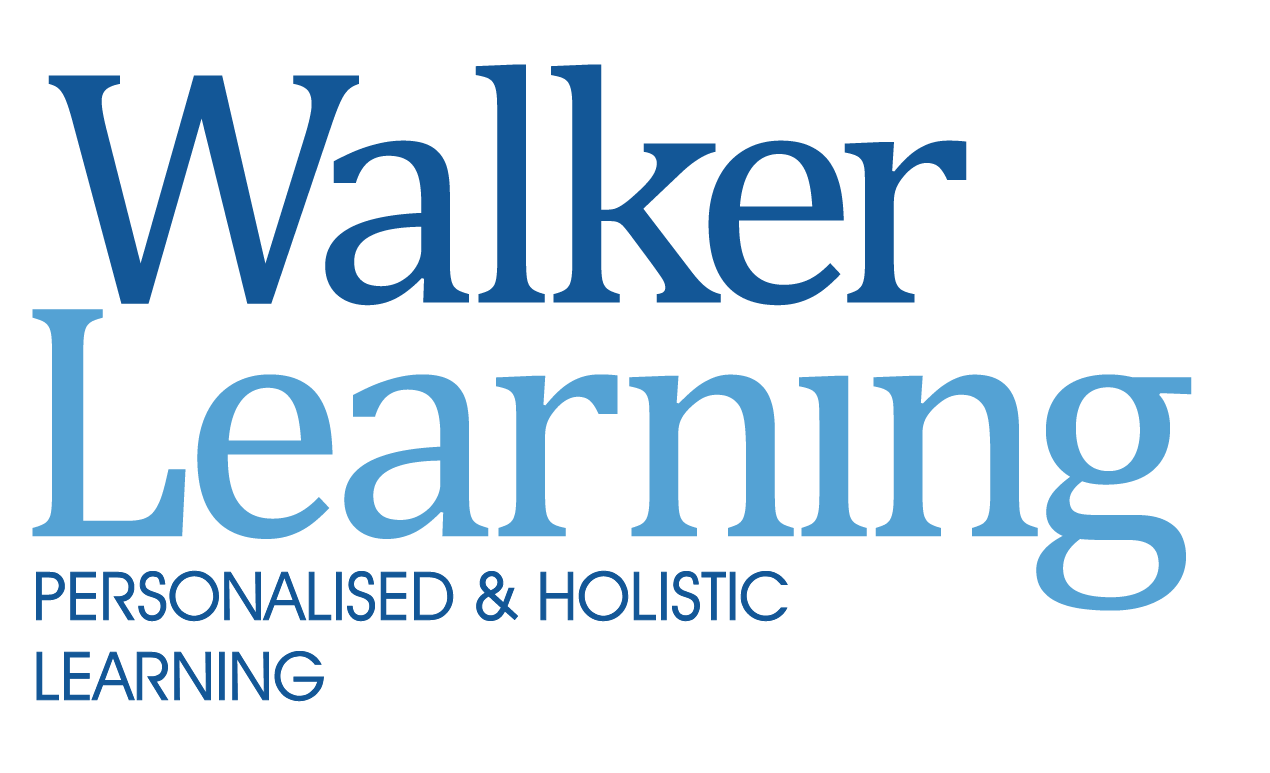Earn Certification in Walker Learning for Early Childhood Educators by completing a 4 module pathway.
Live online events
Description
Certification in Walker Learning for Early Childhood Educators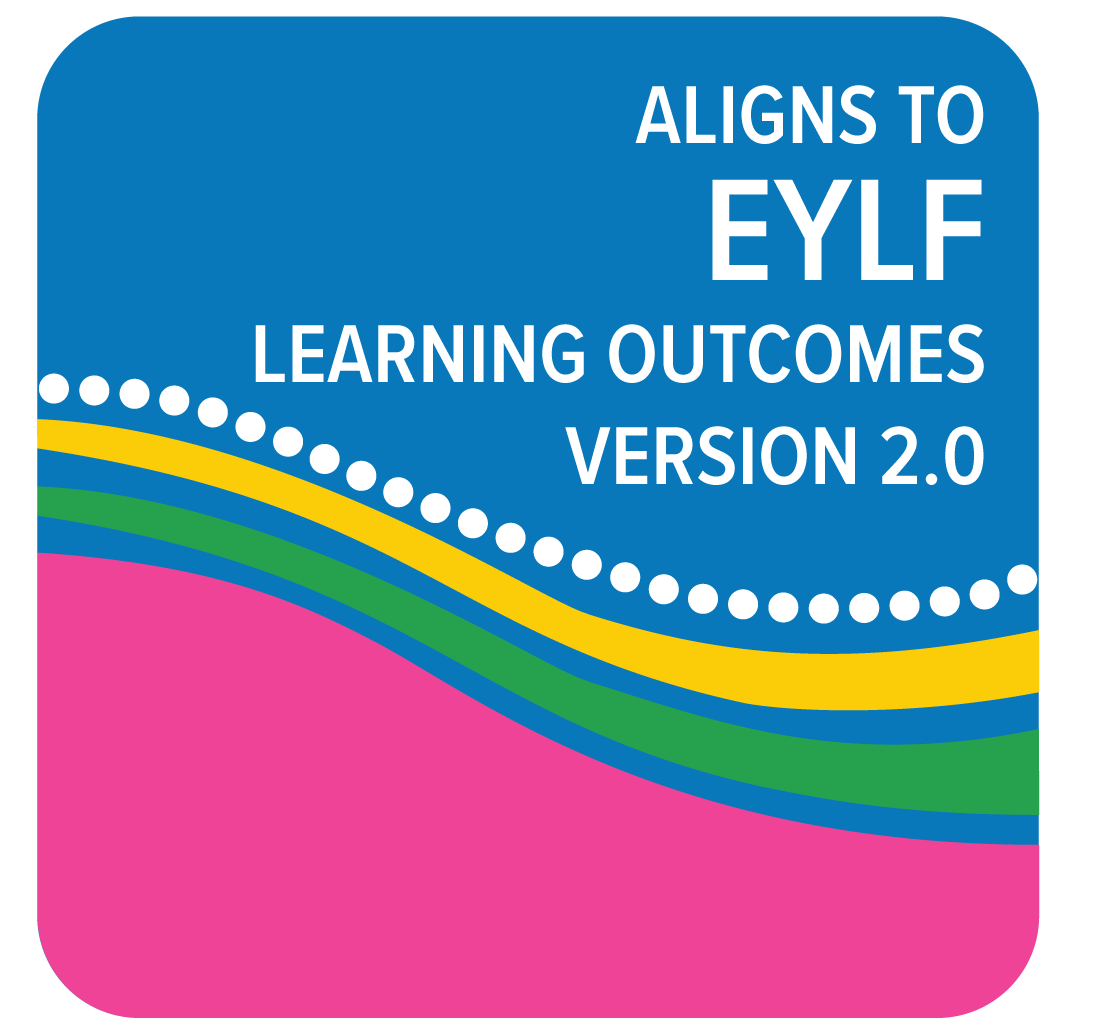
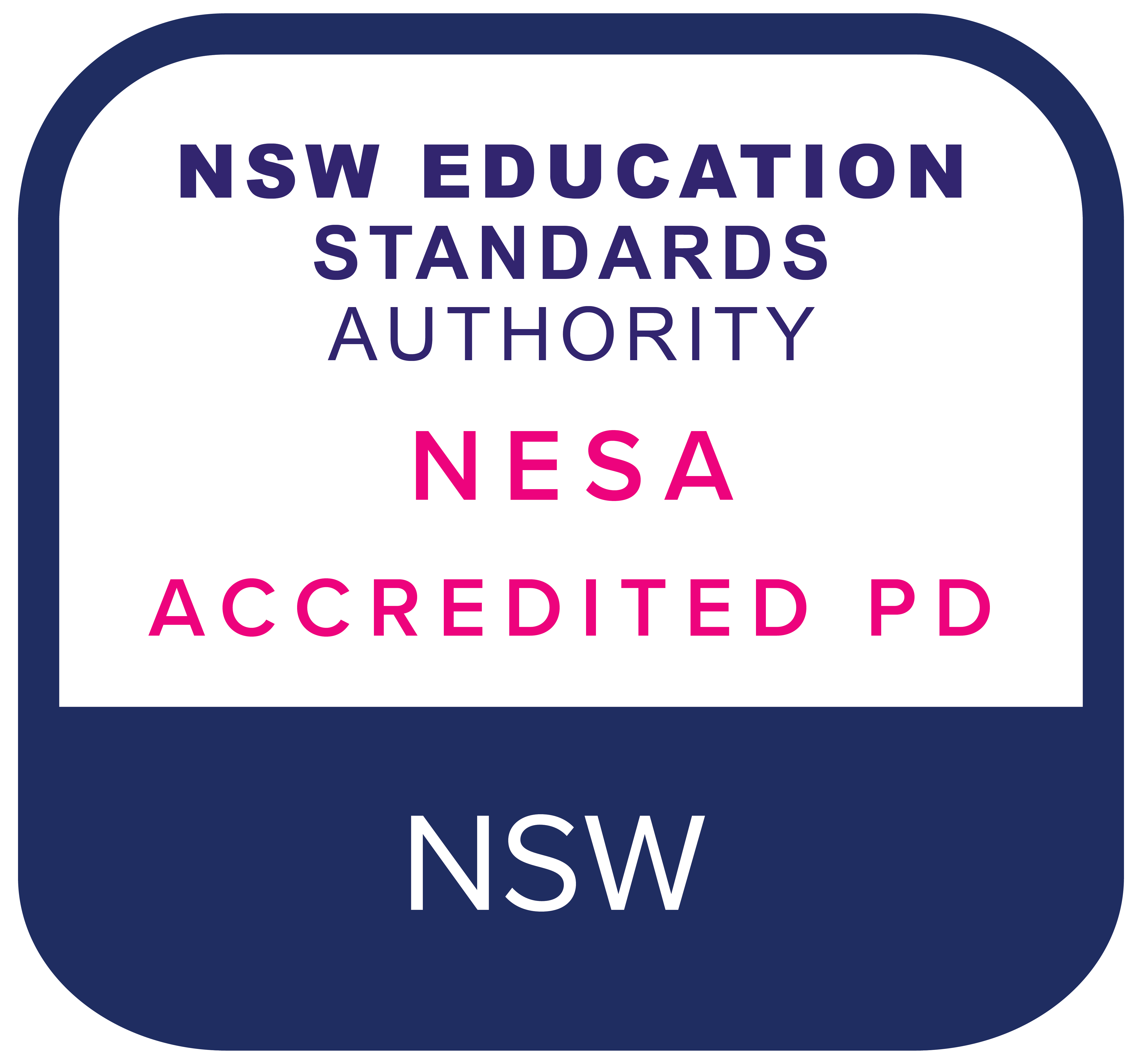
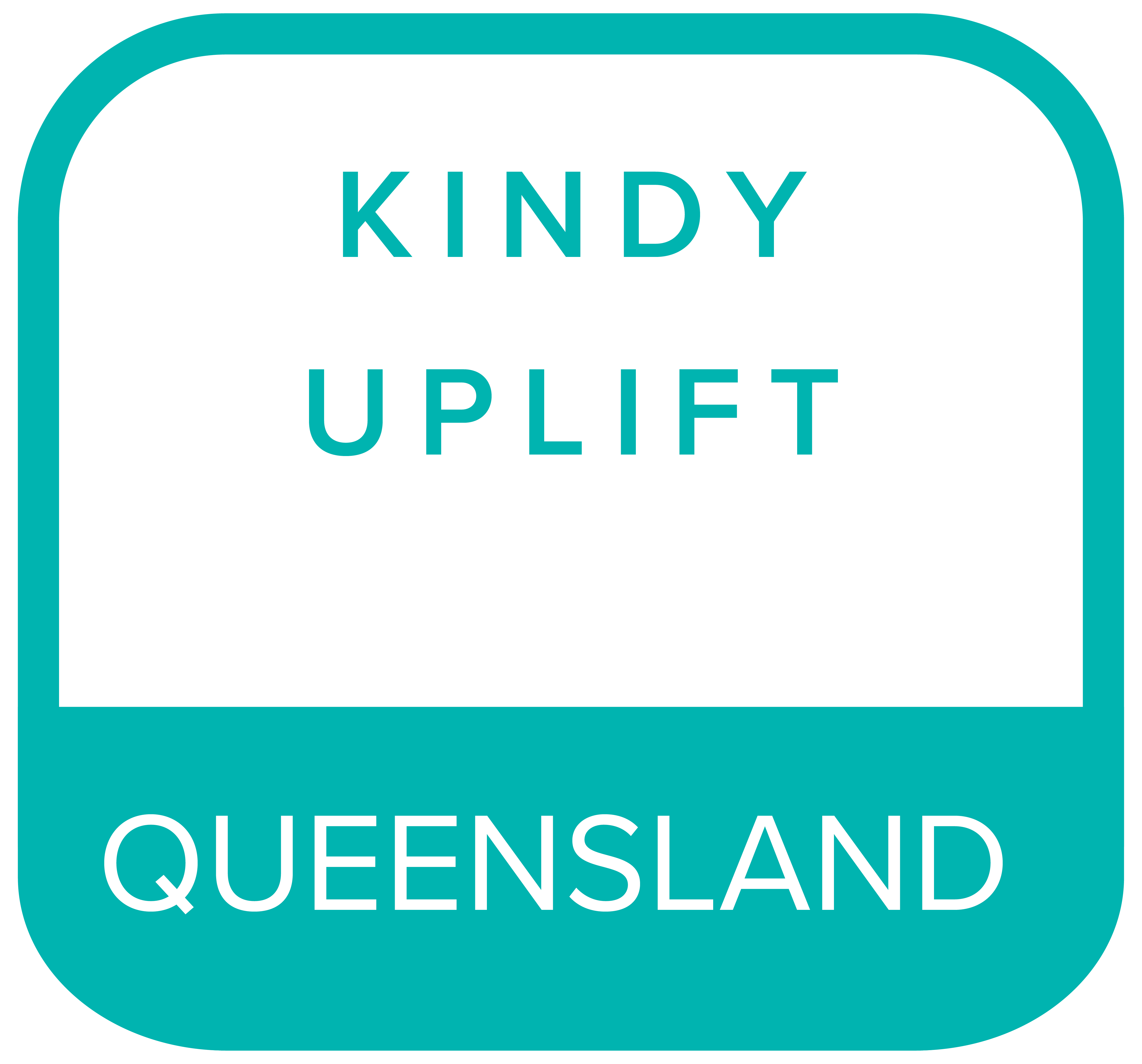
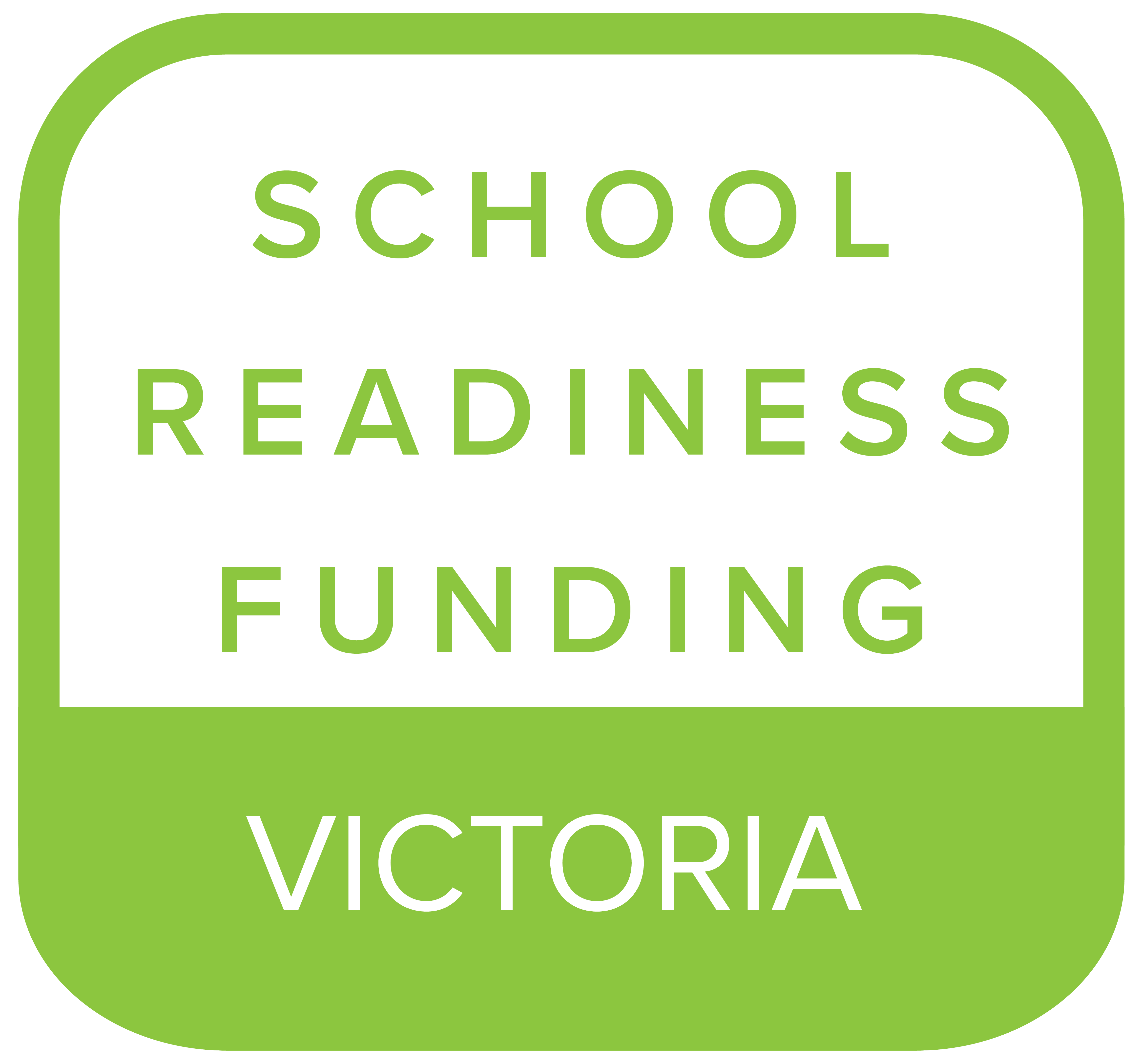
Dates and Times of each Module:
Early Childhood Play Matters: Wednesday 7th August 2024
Creating Engaging Environments for Pre-Schoolers: Wednesday 28th August 2024
Early Childhood - Teaching and Learning through Play: Wednesday 6th November 2024
Planning and Documentation for Early Childhood*: Friday 15th November 2024
*Also known as Want Your Life Back - Time Efficient Documentation for Early Childhood
PLEASE NOTE: These are suggested professional development dates for the Certification Pathway (cohort 1). If any of these dates do not suit your schedule, please contact us on 03 9551 1900 to arrange an alternative.
Our Certification in Walker Learning Micro-credential provides the earner with verified evidence of the skills achieved through digital badging. Your digital badge can be placed on a team profile, added to a website, embedded in email footers, shared on social media, and added to resumés.
Our certification pathway will broaden your knowledge and provide practical implementation strategies in play-based learning, it will promote common language, high quality delivery and consistency across practices and it will embed the knowledge, create the inspiration and give you the confidence to transform children’s experiences in the early childhood setting.
Earn Certification in Walker Learning for Early Childhood Educators by completing a 4 module pathway as follows:
MODULE 1: Early Childhood Play Matters*: Based on the book Early Childhood Play Matters, this session provides a refreshing and relatable overview of early childhood best practice and brings child development and research back into focus as well as the role of the educator to build relationship and promote quality play experiences which support children from a developmental and neuroscientific viewpoint. (Social and Emotional Capability, Thinking and Responding, Oral Language and Communication). This session looks at the evidence and implications of play-based practice and encourages educators to reflect on their own perceptions and professional practice.
MODULE 2: Creating Engaging Environments for Preschoolers*: This practical session presents key aspects about the importance of creating environments for children to actively explore, think, create, converse and question. Responsive and knowledgeable teachers can create learning environments which develop curiosity, cooperation, confidence, and creativity. In these spaces children can resource their own learning and transfer and adapt what they have learned. (Social and emotional capability, oral language and communication, thinking and responding). Children need plentiful opportunity to enhance their skills in open-ended, child-led inquiries in the early years to be able to manage abstract learning and problem solving more effectively in the later years of schooling. Investigative learning opportunities assist children to develop a range of skills and processes such as problem solving, inquiry, experimentation/hypothesising (Thinking and Responding) and intentional teaching.
MODULE 3: Early Childhood - Teaching and Learning through Play*: This presentation is an all encompassing look at Early Childhood play and what constitutes best practice. It includes research and practices and principles of the EYLF. The session examines wholistic child development and addresses specifically accessibility and inclusion, physicality, social and emotional capability, thinking and responding and oral language and communication. All learning and development is enhanced through adults establishing warm, nurturing responsive relationships with children and the neuroscientific research which supports this.
MODULE 4: Planning and Documentation in Early Childhood: Early Childhood Educators use the EYLF Framework as the basis for planning play-based programs for young children. Planning responsively and intentionally for children is important to impart quality and measure progress against learning outcomes. It also becomes a tool to share information with families and for families to share information with educators. Planning and Documentation holds the implementation of a play-based program together. It assures educators that they are assessing and documenting with clarity and purpose. It ensures all our provocations, scaffolding, extension and intervention and our relationships with children are intentional and responsive.
Booking for 3 or more people? Use the PROMOTIONAL code SAVE10 and receive 10% OFF your order total for this event.



